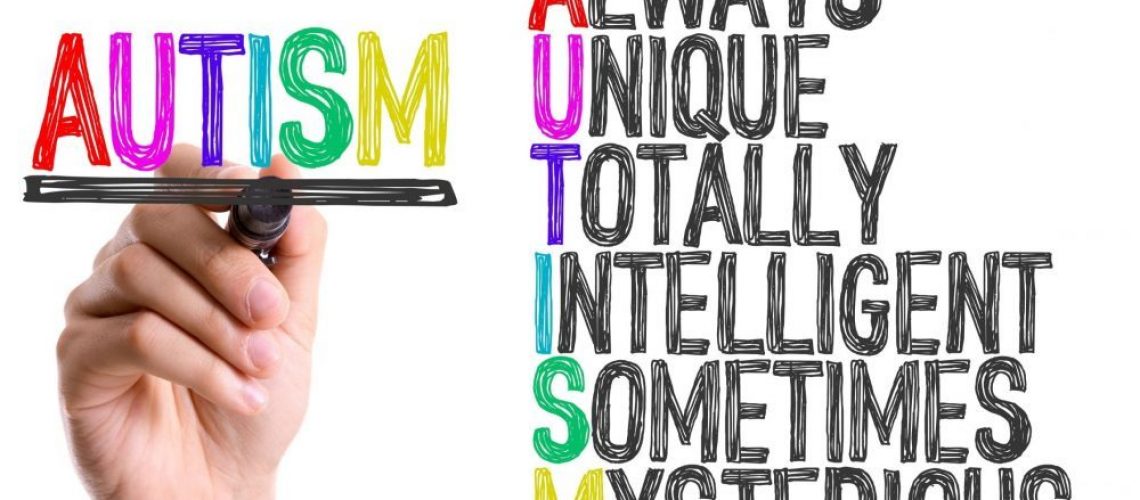What is Autism?
Autism, a developmental disorder, is also known as Autism Spectrum Disorder (ASD). This name reflects the varied presentation of the disorder. Unfortunately, ASD is not easily treated. It affects social interaction, communication with others, and everyday behaviors. These symptoms differ from person to person. Generally, these symptoms manifest by the age of three.
Usually, people with autism have trouble with communication, so they may struggle to understand what other people think and feel. Their inability to comprehend other people affects their ability to speak, express their problems or feelings, or display appropriate reactions. ASD is a common diagnosis and affects all kinds of people worldwide. However, according to the Center for Disease Control and Prevention, it does tend to occur more often in boys than in girls.
Symptoms of Autism
Many specialists identify symptoms of ASD in early childhood. However, symptoms may also appear earlier or later. The most common symptoms are:
- Marked delay in language or social development
- Issues with communication, including difficulties sharing emotions, sharing interests, or maintaining a back-and-forth conversation
- Issues with nonverbal communication, such as trouble maintaining eye contact or reading body language
- Difficulties developing and maintaining relationships
- Repetitive movements, motions, or speech patterns
- Rigid adherence to specific routines or behaviors
- An increase or decrease in sensitivity to specific sensory information from surroundings, such as a negative reaction to a specific sound
- Fixated interests or preoccupations
Types of Autism
Earlier, experts thought various forms of autism were separate conditions. However, researchers realized these conditions were just variations of autism. These disorders include:
- Asperger’s syndrome: Children with Asperger’s are often brilliant, scoring average and above average on tests. However, their problems exhibit themselves in social situations and lack of interest.
- Autistic disorder: Often, an autistic disorder is what most people think of when they hear the word “autism.” Experts characterize autistic disorder by social interactions, communication, and play in children younger than three years.
- Childhood disintegrative disorder: These children have typical development for at least two years and then lose some, or most, of their communication and social skills.
- Pervasive developmental disorder (PDD): PDD is also called atypical autism. If your child displays some autistic behavior but not all, they might fall into this category.
Causes of Autism
The exact cause of ASD remains unknown, but some of the suspected risk factors for autism include:
- Having an immediate family member diagnosed with autism
- Genetic mutations
- Fragile X syndrome and other genetic disorders
- Being born to older parents
- Low birth weight
- Metabolic imbalances
- Exposure to heavy metals and environmental toxins
- A history of viral infections
Diagnosis
Currently, there is no medical test, like blood tests, for autism. Typically, doctors diagnose autism by talking with the child and asking parents and other caregivers questions. Parents can spot symptoms by watching their children interact with other children. Bear in mind, however, that many children who don’t have autism also display similar symptoms.
Remember to mention any symptoms you observe in your next doctor’s visit. Early diagnosis and treatment may reduce the symptoms of autism and improve people’s quality of life with autism and their families. The CDC has identified possible red flags for autism spectrum disorder in young children, including:
- Not responding to their name by 12 months of age
- Not pointing at objects to show interest by 14 months
- Lack or absence of playing “pretend” games by 18 months
- Getting upset by minor changes
- Flapping their hands, rocking their body, or spinning in circles
- Having unusual and sometimes intense reactions to the way things smell, taste, feel, and/or look
Treatment
While there are no “cures” for autism, therapies and other treatment considerations can help people feel better or alleviate their symptoms. Many treatment approaches involve therapies such as:
- Behavioral therapy
- Play therapy
- Occupational therapy
- Physical therapy
- Speech therapy
Alternative treatments for managing autism may include:
- High-dose vitamins
- Chelation therapy, which involves flushing metals from the body
- Hyperbaric oxygen therapy
- Melatonin to address sleep issues
If you think someone in your life is suffering from symptoms of autism, then it is best to consult trained professionals and get a diagnosis. Remember that autism is complex, but you can manage it by seeking early treatment.
Seek Out Early Intervention and Support
Why is there a discussion of Autism on a site for education? Early diagnosis is key. ASD often requires special attention and support throughout an academic career. Anything Academic remains dedicated to offering resources to help support these students. In brick and mortar schools, these students usually receive Individual Education Plans or IEPs. A state and school design them to help support the student with additional resources and allowances. In a public school, this support is often free and state-mandated. Admittedly, these plans and the systems that work with them can be hard to navigate. At times, parents feel they can better support their child at home with a homeschool-based education.
Finding resources for ASD students can become challenging. However, discovering knowledgeable advocates can be extremely helpful. On Anything Academic, you can search for support services and resources such as IEP planning, advocacy, and counseling. Some teachers and resource providers on the website also offer additional occupational therapy and mental health support in their listings.

